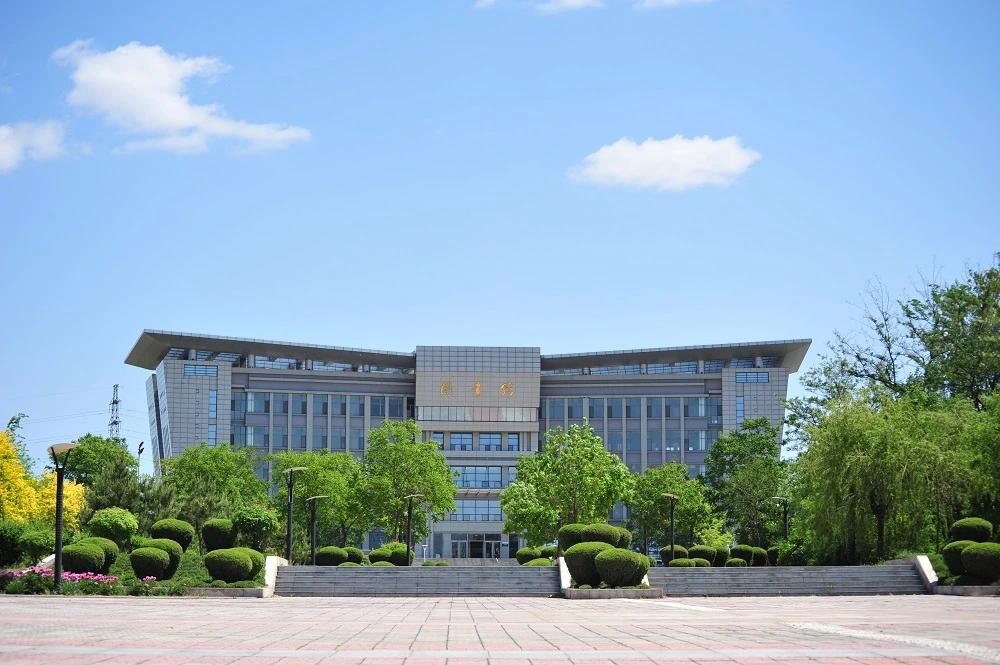Pakistani students seeking reliable medical education in China usually prioritize global recognition, FMG/FSC equivalence requirements, strong clinical exposure, and long-term academic stability. The 5 best options consistently meeting these needs include Fudan University, Zhejiang University, Sun Yat-sen University, Tongji Medical College (HUST), and China Medical University. These institutions provide structured MBBS programs aligned with international academic standards and large affiliated hospitals that support extensive clinical rotation opportunities.
Study sphere advisors shares this guidance based on experience assisting students who aim for academically stable, internationally recognized medical degrees. The following sections offer clear comparisons, practical insights, and data-backed reasoning to help students make an informed decision.
Leading Universities Offering MBBS Programs to International Students
Decisions about studying MBBS abroad require evaluating recognition, academic strength, research output, and teaching hospitals. The table below compares essential factors relevant for Pakistani students choosing a university that supports both academic success and licensure pathways.
Key Differences Among the Top MBBS Universities in China
| University | QS Asia Ranking (2024) | Medium of MBBS Instruction | Type of Affiliated Hospital | International Student Acceptance | Notable Strengths |
| Fudan University | #12 | English | Tier-1 Research Hospital | Selective | Strong research and clinical integration |
| Zhejiang University | #15 | English | Multi-specialty University Hospital | Moderate | High academic rigor and lab facilities |
| Sun Yat-sen University | #23 | English | 1st-Class Teaching Hospitals | High | Strong tropical medicine and surgery |
| Tongji Medical College (HUST) | #32 | English | Large Clinical Network | High | Known for clinical training depth |
| China Medical University | #51 | English | University Hospital + Regional Clinics | Moderate | Strong basic sciences and clinical exposure |
Source: QS Asia University Rankings 2024; WHO Global Directory of Medical Schools; CIE Global Mobility Data 2024
Academic and Clinical Specifications for Pakistani Students
The following table consolidates the technical elements students typically evaluate before applying.
Technical and Academic Specifications for MBBS Programs in China
| Specification | Details |
| Program Duration | 6 Years (5 years academics + 1-year internship) |
| Eligibility Requirement | FSC Pre-Medical with minimum 60% (Pakistan IBCC requirement) |
| Instruction Language | English (with basic Mandarin for clinical interaction) |
| International Recognition | Listed in WHO, WFME, ECFMG (varies by university) |
| Clinical Exposure | Begins from Year 3 at affiliated hospitals |
| Curriculum Structure | Integrated basic sciences, system-based modules, and early clinical rotations |
| Climate Consideration | Universities in North China face colder winters; Southern universities offer moderate climates suitable for easier acclimatization |
University-Specific Insights From Practical Experience
Fudan University
Fudan’s medical school maintains a high integration of research and clinical training. Students often observe that the clinical modules support deeper exposure during the later years.
Zhejiang University
This university is recognized for high-end laboratories and strong interdisciplinary medical research. Clinical rotations often place students in advanced surgical and internal medicine departments.
Sun Yat-sen University
Known for its strong presence in Southern China, the university offers exposure to tropical medicine cases that are more common in Guangdong’s climatic region.
Tongji Medical College (HUST)
Students completing rotations here often mention broad specialty exposure due to the hospital network that covers both dense metropolitan and regional settings.
China Medical University
A suitable choice for students looking for strong basic sciences foundations and consistent MBBS instruction standards.
Factors to Evaluate Before Selecting a University
Selecting a medical university in China requires early evaluation of several technical and academic factors:
- Recognition aligned with the student’s home-country licensing pathway
- Availability of English-taught courses for the full program
- Climate adaptability—northern regions require winter preparation
- Strength of affiliated teaching hospitals
- Student support systems for international applicants
- Graduation success rate and ECFMG readiness
Bonus Tip: Students should compare past graduate performance in licensing exams (like NRE or USMLE) when available.
Services That Support the Admission Journey
Study sphere advisors offers tightly relevant support for Pakistani students preparing for MBBS admission in China:
- Study Visa Processing: Structured guidance to ensure documentation accuracy and compliance with Chinese immigration standards.
- Student Visa Advisory: Assistance with university admission letters, JW forms, and embassy requirements.
- Work Visa Support: Help for students transitioning to internships or work opportunities after their academic journey.
- Business Visa Guidance: Consultation for individuals exploring academic collaborations or institutional visits.
Immediate Questions Students Usually Ask
What is the language of instruction for Pakistani students?
MBBS programs for international students are taught in English, with basic Mandarin introduced for hospital communication.
How early does clinical exposure begin?
Clinical exposure typically starts in the third academic year, progressing to intensive hospital rotations in later stages.
Are these medical degrees recognized internationally?
Recognition varies based on global directories such as WHO and WFME. Students should confirm alignment with their target country’s licensing requirements.
Do Pakistani students adapt easily to life in China?
Adaptation depends on climate and region. Southern cities have moderate weather, while northern universities require winter preparation.
Long-Term Questions About Studying MBBS in China
How useful is Mandarin proficiency after graduation?
Mandarin supports clinical rotations and broadens future opportunities for medical research or regional placements.
How strong is the clinical training quality at these universities?
Universities like Fudan and Tongji often provide advanced hospital exposure due to their research hospital networks.
Can students pursue specialization after MBBS in China?
Yes, graduates often proceed to residency pathways abroad, depending on licensing compliance.
Are research opportunities available during the MBBS program?
Students can access research laboratories and clinical studies, especially at top-ranked universities.
What support is available during the internship year?
Support varies by university, with structured rotations in surgery, medicine, pediatrics, and emergency departments.
Summary of Key Insights
Choosing the best MBBS university in China involves focusing on academic quality, clinical exposure, and regional adaptability. Strong institutions such as Fudan, Zhejiang, Sun Yat-sen, Tongji, and China Medical University consistently demonstrate reliable outcomes. Students should align university selection with long-term licensing goals and academic preferences.


Leave a Reply